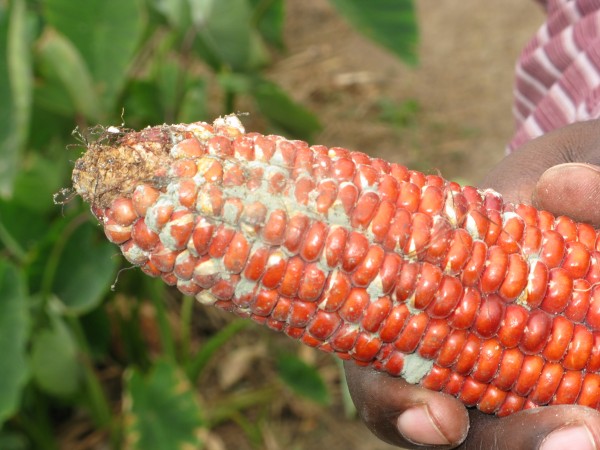A number of liver cancer cases in Africa are linked to aflatoxins, a family of toxins produced by fungi.
Heiner Lehr, UN Industrial Development Organisation (UNIDO) national expert on value chain, made this known on Wednesday while delivering a keynote address at the first Nigeria food safety and investment forum in Lagos.
He said the presence of aflatoxins, which affects crops on the field, during harvest and storage, pose serious danger to consumers.
Aflatoxins are produced by fungi like Aspergillus flavus and Aspergillus parasiticus, which are abundant in warm and humid regions of the world.
Advertisement
“If a lactating mother is exposed to aflatoxins, the breast milk is also contaminated with aflatoxins. Cows that eat feeds contaminated with aflatoxins also will produce contaminated milk,” Lehr said.
“70% of all shipments of beans that came to Europe were filled with pesticides; and subsequently trade with EU was suspended.”
He said that a conduit of excellence was required to ensure that local products meet international requirements adding that it would ensure that food could be exported without any issues in the international market.
Advertisement
“A conduit of excellence is a dedicated supply chain around key quality infrastructure elements embedded in a full chain quality and safety management.
“When the conduit of excellence is followed through, we become role models to others to follow.”
Following the conduit of excellence, the UN chief said, meant good agricultural practice, proper record keeping and a clarification on the roles of extension services.
He said that the foods passed through NAFDAC laboratory in Kaduna and technology incubation centre in Lagos are certified okay by the global community.
Advertisement
Lehr added that meeting the quality and safety needs of foods meant for export required inputs from the private and public sectors.
“The inter-ministerial committee had adopted the conduits of excellence as a key methodology to achieve the goal of zero rejects.
“Nigeria needs to be perceived in the international community as a deliverer of quality and safe food.”
Advertisement
Add a comment







